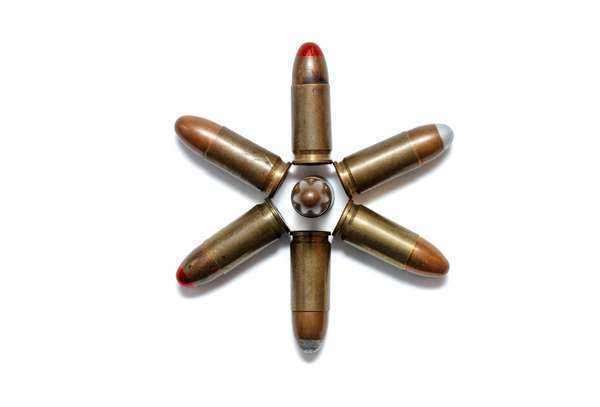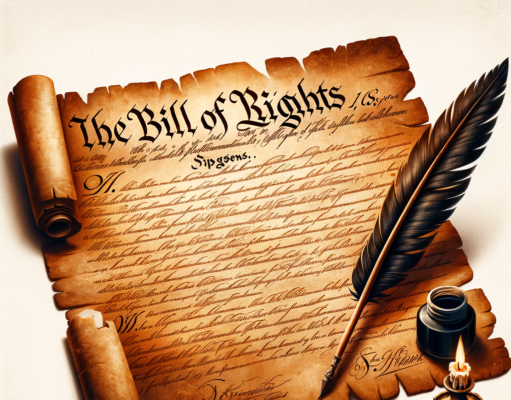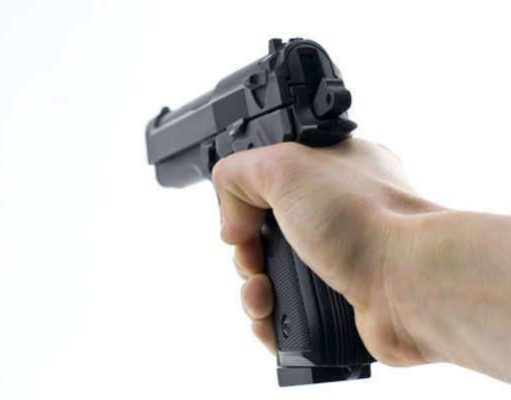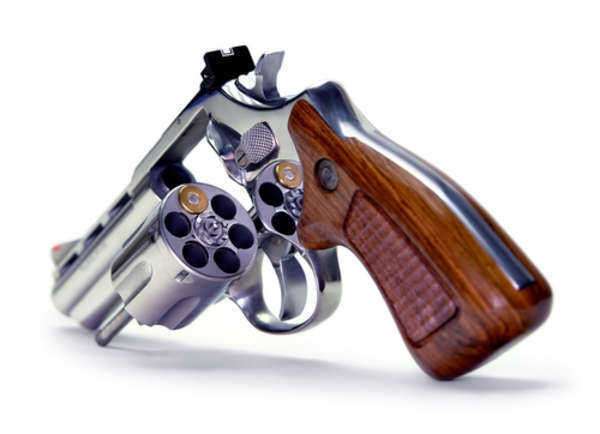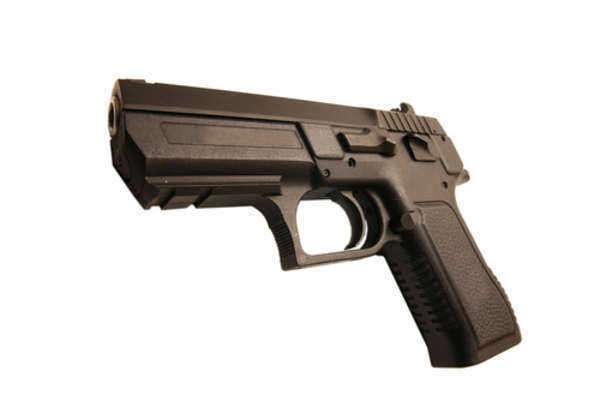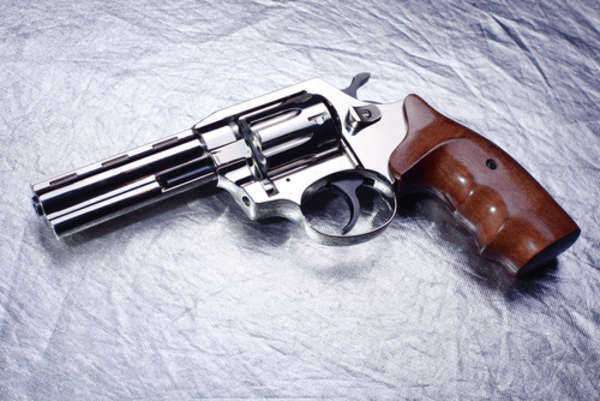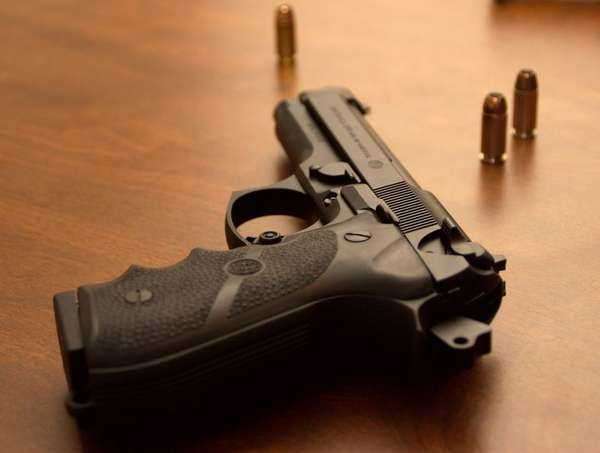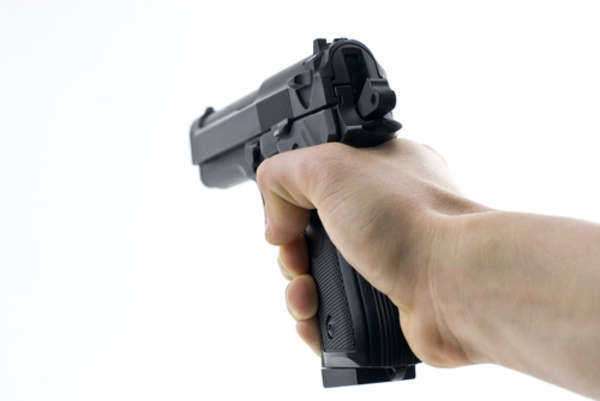
Colorado Gun Laws and Regulations: A Comprehensive Guide
Introduction
Colorado, often celebrated for its stunning landscapes and outdoor recreational opportunities, also has a notable reputation when it comes to firearms. With a diverse range of gun enthusiasts, hunters, and sports shooters, the state has established a complex web of gun laws and regulations aimed at balancing individual rights with public safety. In this article, we delve into Colorado’s gun laws and regulations, drawing upon government resources to provide an in-depth understanding of the state’s stance on firearms.
1. The Second Amendment and the Right to Bear Arms
Before diving into Colorado-specific gun laws, it is crucial to understand the foundational principles upon which these laws are built. The Second Amendment of the United States Constitution, a bedrock of American liberties, states, “A well-regulated Militia, being necessary to the security of a free State, the right of the people to keep and bear Arms, shall not be infringed.” This amendment has sparked countless debates and interpretations, and it forms the basis for Colorado’s approach to gun regulation.
2. Concealed Carry Permits
In Colorado, the concealed carry of firearms is regulated by state law. The Colorado Bureau of Investigation (CBI) oversees the issuance of concealed handgun permits. To obtain a concealed carry permit, applicants must meet certain eligibility criteria, which include being at least 21 years old, demonstrating competency with a handgun, and being a legal resident of the United States. Applicants must also not have a felony conviction or a restraining order against them.
3. Background Checks
Colorado requires background checks for all firearms sales, whether conducted by licensed dealers or private individuals. These checks are conducted through the National Instant Criminal Background Check System (NICS) and are intended to prevent firearms from falling into the hands of individuals prohibited from possessing them. Prohibited persons include convicted felons, individuals with restraining orders, and those with certain mental health adjudications.
4. Universal Background Checks
One of Colorado’s notable gun control measures is the implementation of universal background checks. This means that even private sales or transfers of firearms between individuals must go through a background check process. This law aims to close potential loopholes in gun sales, ensuring that all buyers are subject to the same scrutiny, regardless of where they obtain their firearms.
5. High-Capacity Magazine Ban
Colorado has taken steps to restrict the use of high-capacity magazines. Under state law, it is illegal to manufacture, sell, or transfer magazines that can hold more than 15 rounds of ammunition. However, individuals who owned such magazines prior to the ban are allowed to keep them.
6. Assault Weapons Ban
While Colorado does not have a comprehensive assault weapons ban, some localities within the state have implemented their own restrictions on certain types of firearms and accessories. These regulations often vary from one jurisdiction to another, highlighting the patchwork nature of gun laws in the state.
7. Red Flag Law
Colorado’s “Extreme Risk Protection Order” law, also known as the Red Flag law, empowers law enforcement and family members to petition the court to temporarily remove firearms from individuals who pose a risk to themselves or others due to mental health issues or violent behavior. This law aims to prevent potential tragedies by temporarily disarming individuals in crisis.
8. Waiting Periods
Colorado does not have a mandatory waiting period for purchasing firearms. Once a background check is completed and the buyer passes, they can take possession of the firearm immediately.
9. Open Carry Laws
Colorado generally allows for the open carry of firearms without a permit for individuals aged 18 or older. However, local ordinances may impose restrictions or regulations on open carry in certain areas or during specific events. It is essential for gun owners to be aware of and comply with local laws.
10. Firearm Storage Laws
Colorado has no specific laws regarding firearm storage in private homes. However, responsible gun ownership and safe storage practices are strongly encouraged to prevent accidents and unauthorized access to firearms.
11. Firearm Sales to Minors
It is illegal to sell or transfer a handgun to anyone under the age of 18 and a long gun (shotgun or rifle) to anyone under the age of 18 without the consent of their parent or legal guardian. Federal law also prohibits licensed dealers from selling handguns to individuals under the age of 21.
12. Stand Your Ground Laws
Colorado has adopted a “Stand Your Ground” law, which allows individuals to use force, including deadly force, to defend themselves or others if they reasonably believe they are in imminent danger of death or serious bodily injury. However, the law does not require individuals to retreat before using force.
13. Reciprocity Agreements
Colorado has reciprocity agreements with many other states regarding concealed carry permits. This means that a valid Colorado concealed carry permit may be recognized in other states, and vice versa. However, it is crucial to check the specific reciprocity agreements and regulations of each state when traveling with firearms.
14. Gun-Free Zones
Certain locations, such as schools, government buildings, and private property with posted signs, are designated as gun-free zones in Colorado. Firearms are generally prohibited in these areas, and violating these restrictions can result in legal consequences.
15. Prohibited Weapons
Colorado law prohibits the possession of certain weapons, including explosive devices, machine guns, and short-barreled shotguns, unless the individual has obtained the necessary federal permits.
16. Reporting Stolen or Lost Firearms
Gun owners in Colorado are required to report lost or stolen firearms to law enforcement within five days of discovering the loss or theft. This reporting requirement is intended to help track firearms that may be used in criminal activities.
17. Future Developments
Gun laws and regulations can evolve over time due to changes in legislation and public sentiment. It is essential for gun owners and enthusiasts in Colorado to stay informed about any updates or amendments to existing laws.
Conclusion
Colorado’s gun laws and regulations reflect a balancing act between protecting the rights of gun owners and ensuring public safety. While some may view these laws as strict, they are designed to address the complex challenges of gun violence and the responsible ownership of firearms.
Understanding and complying with Colorado’s gun laws is essential for residents and visitors alike. It is also crucial to stay informed about any changes in legislation or local ordinances that may affect firearm ownership and use within the state. By upholding responsible gun ownership practices and adhering to the law, individuals can contribute to a safer Colorado for all.
COLORADO GUN LAWS & REGULATIONS UPDATE 2023
A DECADE OF CHANGE: AN UPDATED OVERVIEW OF COLORADO’S GUN LAWS AND REGULATIONS TIMELINE (2013-2023)
Over the past ten years, Colorado’s gun laws have witnessed significant changes, reflecting the state’s commitment to responsible firearm ownership and public safety. From background checks to magazine capacity restrictions, these developments have aimed to balance Second Amendment rights with community well-being. This article provides a comprehensive overview of the key advancements in Colorado’s gun laws and regulations from 2013 to 2023, presented in the form of bullet points:
2013 – Background Checks for Private Firearm Transfers:
– Colorado enacts universal background checks, requiring checks for all private firearm transfers, including sales and loans.
2014 – “High-Capacity” Magazine Restrictions:
– Legislation limits magazine capacities to 15 rounds, barring the sale, transfer, or possession of magazines with capacities exceeding this limit.
2015 – Domestic Violence Firearm Restrictions:
– Colorado enhances restrictions on firearm ownership for individuals convicted of domestic violence offenses, aiming to prevent potential threats within households.
2016 – “Red Flag” Law Implementation:
– The state introduces Extreme Risk Protection Orders (ERPO), allowing law enforcement and family members to request temporary firearm removal for individuals deemed a risk to themselves or others.
2017 – Background Checks for Ammunition Purchases:
– Colorado mandates background checks for ammunition purchases, with a focus on preventing access to firearms by prohibited individuals.
2018 – Age Limit for Firearm Purchases Raised:
– The minimum age for purchasing firearms, including long guns and handguns, is raised from 18 to 21 years old.
2019 – State Preemption of Firearm Regulations:
– Colorado enforces state preemption laws, preventing local jurisdictions from enacting firearm regulations that exceed state laws.
2020 – Enhanced Firearm Storage Requirements:
– Legislation is introduced to mandate safe firearm storage, promoting responsible ownership and preventing unauthorized access.
2021 – Background Check Fee Increase:
– The fee for conducting background checks on firearm transfers is increased to support funding for the state’s background check system.
2022 – Assault Weapon Bans and Buybacks:
– Proposed legislation aims to ban certain assault weapons and offer voluntary buyback programs for owners of these firearms.
2022 – Mental Health Reporting Enhancement:
– Colorado improves the reporting of mental health records to the National Instant Criminal Background Check System (NICS), enhancing efforts to prevent access to firearms by ineligible individuals.
2023 – “Stand Your Ground” Law Debate:
– The state engages in discussions regarding the potential adoption of a “Stand Your Ground” law, sparking debates on self-defense rights and community safety.
2023 – Enhanced Firearms Training Requirements:
– Legislation is considered to strengthen training requirements for concealed carry permit applicants, emphasizing responsible gun ownership and proper firearm handling.
2023 – Restrictions on Open Carry at Public Events:
– Colorado enacts laws to restrict the open carry of firearms at public events and demonstrations, aiming to prevent potential conflicts and ensure public safety.
Colorado’s gun laws have evolved significantly over the past decade, reflecting the state’s ongoing efforts to balance individual rights with public safety concerns. From background checks and ammunition regulations to discussions on assault weapon bans and “Stand Your Ground” laws, these changes underscore Colorado’s proactive approach to firearm regulation. As the state continues to navigate this complex landscape, it remains crucial for stakeholders, policymakers, and citizens to engage in informed discussions to find a balanced approach that addresses the diverse needs of the community while respecting individual freedoms.
Colorado gun laws do not require the registration of any particular type of firearm. However, firearms dealers are required to keep records regarding any kind of transactions involving firearms. The records must include the party’s name, age, occupation and residence, as well as any pertinent details of the firearm involved in the transaction.
An employee must also validate the date as well as provide his/her name on the record as well. The record book is to be made readily available to the authorities at any given time for inspection and investigative purposes. Many people may also be compelled to purchase at gun shows or other similar events.
However, it is illegal for gun show vendors to actually transfer firearms to prospective buyers at a gun show. The only way in which such a sale can be completed is if the vendor can obtain a background check of the buyer and get approved by the Colorado Bureau of Investigation. A qualified buyer, under Colorado gun laws, may also purchase or receive delivery of firearms in neighboring states, as long as the details of the sale comply with both states’ regulations on the purchase of firearms and the person is a Colorado resident.
Like other states in the United States, Colorado law prohibit the possession of firearms to those individuals who have been convicted of a felony or of a misdemeanor pertaining to domestic violence. Generally speaking, only adults over the age of 18 are permitted to posses firearms. Minors under the age of 18 are legally permitted to be in possession of a firearm if:
The person in question is involved in hunting or sporting that involves firearms, is attending or traveling to/from the required courses or classes to be licensed in hunting or trapping, and the firearm is not loaded.
The minor is under the supervision of a parent or legal guardian at the place of residence and has permission to posses a handgun.
It is only required to obtain a permit in the case of carrying a concealed handgun, but otherwise, there is none required to carry rifles or shotguns, as long as that person is in their place of residence, place of business, or private property, and the weapon is not concealed. Unlike other states, Colorado gun laws do not consider a handgun to be concealed if it is found in an automobile, regardless of where it actually is in the car, or while engaged in hunting activities.
As long as the firearm is in the possession of the person legally allowed to carry it, it is not deemed illegal. Furthermore, the firearm must be unloaded, the exception being only for handguns. When firearms are on snowmobiles, the weapon must be unloaded as well, and also be in a case or container. Another unique feature of Colorado gun laws is that it allows for law enforcement officers to carry concealed weapons, regardless if they are on active duty or retired.
Colorado gun law requires that applicants for a permit, to carry a concealed handgun, be at least 21 years old, show proficiency with a handgun, be a legal resident of the state, and is not under any kind of restraining order at the time the application is submitted. Also, any kind of history of abusive use of alcohol or controlled substances will also render any prospective applicant ineligible.
